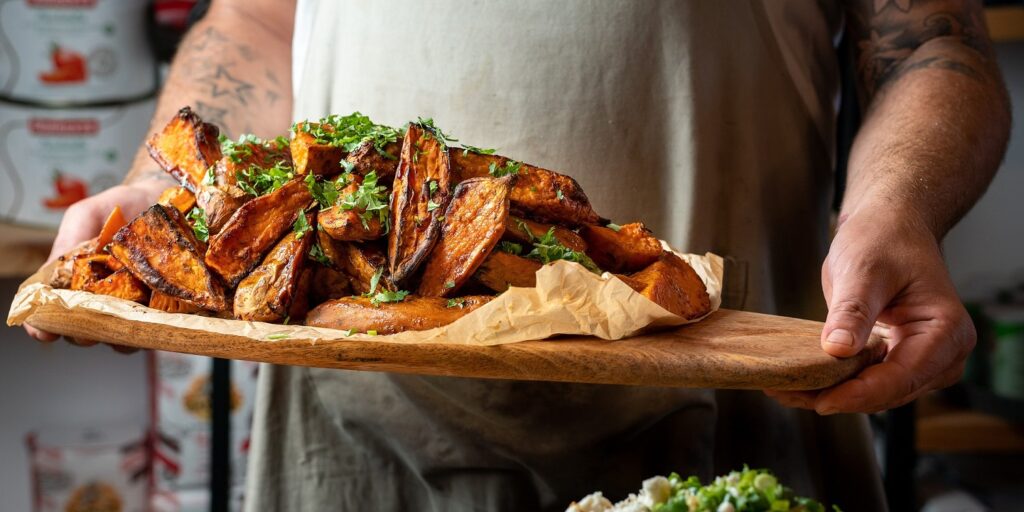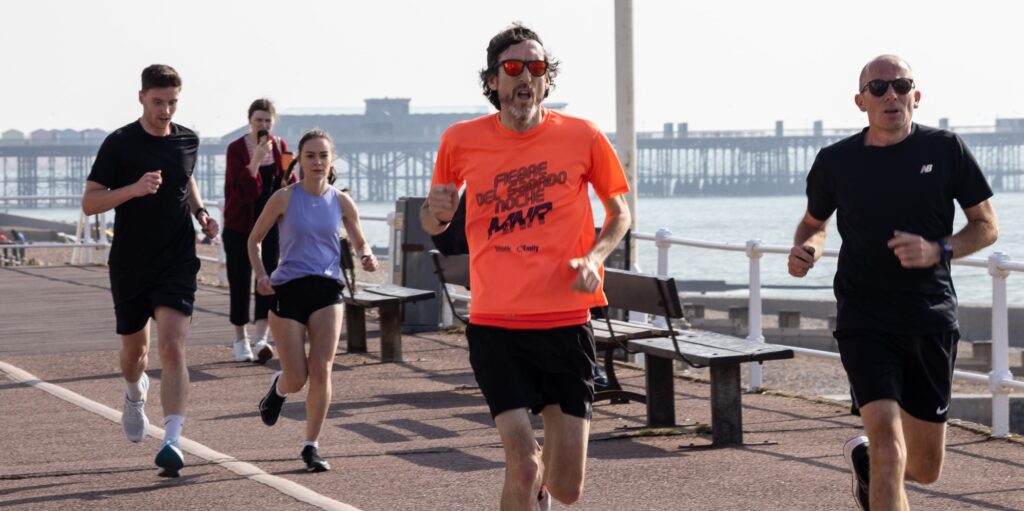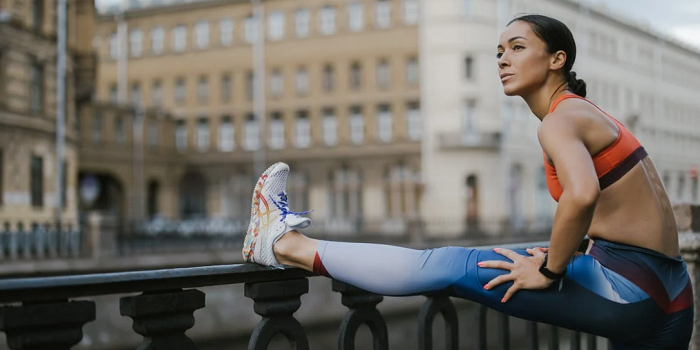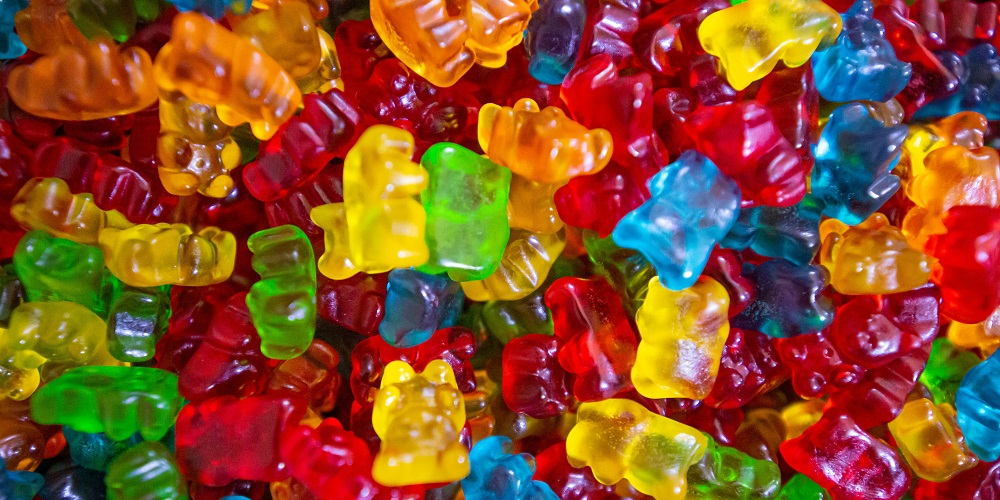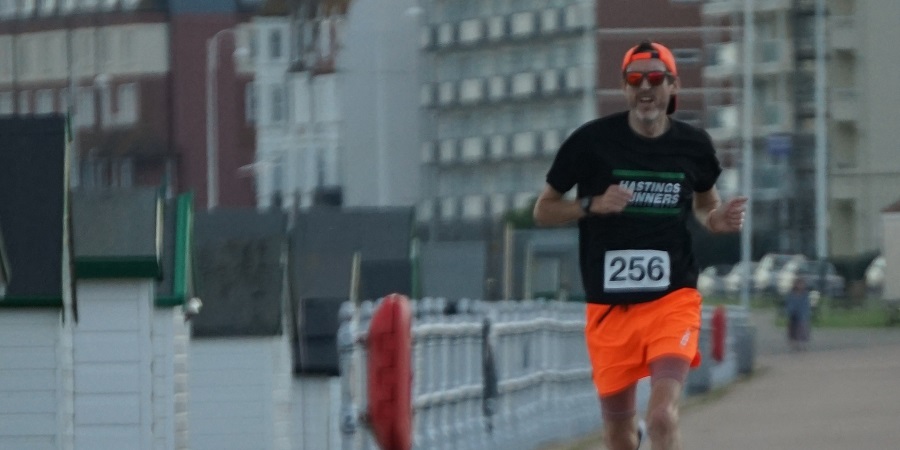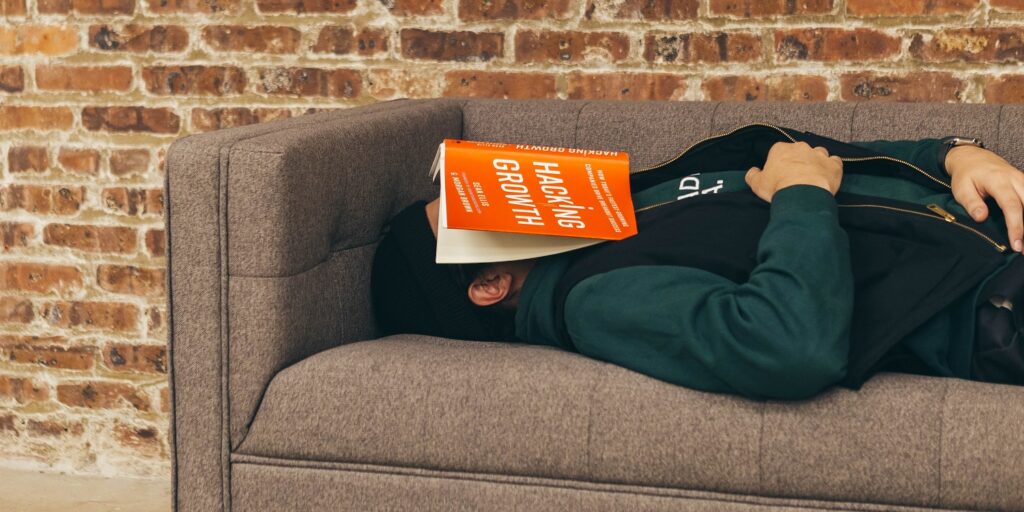Nutrition isn’t my strong point and as an online running coach my advice would be to speak to an expert if you are keen to nail down a diet which is perfect for your training plan.
What I hope to do here at PB Runner is offer some simple tips like this that some runners might be neglecting. On my journey I’ve made so many mistakes and this is most definitely one of them.
Keeping it very basic, the NHS advises (generally) that women should be taking on around 2,000 calories per day, men 2,500 calories per day.
At the weekend I went for my 2 hour long run. For those training for a marathon, 2 hours will seem like a pretty short long run. managed 22.71 km, but more important I burned 1,730 calories.
That’s 70% of my daily requirement. So suddenly I need to eat a lot more food during that day to make up for my run. If I don’t then I’m going to crash later in the day and also not recovery properly for my next training session.
If you’re racing and driving to the route you might not be home quickly to replenish those lost calories, so this is where it’s important to plan ahead and make sure you’ve taken some food.
The best time to eat is within 45 minutes of completing your long run, so don’t hang around before getting those calories back in your system. Sometimes you might not feel like eating, but it’s important you do.
There is a whole host of information out there about what are the best types of food to be eating so I won’t go into detail about that. All I want to make sure is that you’re aware of the amount of energy you’ve used on your long run and the importance of eating soon after to make it up.
I’ve done long runs during marathon blocks where I’ve burned a days worth of energy. So I need to eat twice as much as I would just to balance out my calorie intake.
Hopefully this brief running tips has got you thinking about your diet and when to eat. It’s a really important part of running, especially if you are training for a longer distance race like a half marathon or full marathon.

